- Alexander Suvorov
- Read Time: 7 mins

Today humans are exposed to thousands of man-made chemicals. Yet the effects on people’s health are still not fully understood.

Today humans are exposed to thousands of man-made chemicals. Yet the effects on people’s health are still not fully understood.

The human hand is remarkable. Not only does it allow us to throw, grab, climb and pick things up, it can also be a measure of health.
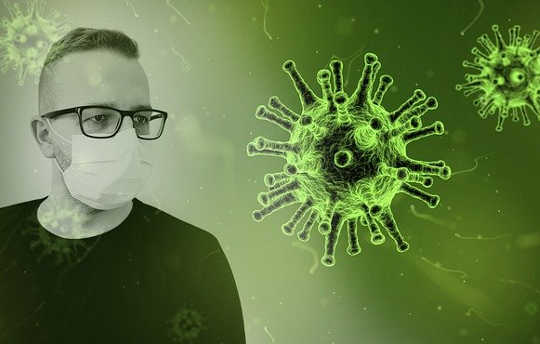
When will the pandemic end? All these months in, with over 37 million COVID-19 cases and more than 1 million deaths globally, you may be wondering, with increasing exasperation, how long this will continue.

Like many inventions, the discovery of Teflon happened by accident. In 1938, chemists from Dupont (now Chemours) were studying refrigerant gases when, much to their surprise, one concoction solidified.

Type 1 diabetes used to be a death sentence. After a diagnosis, patients were put on a starvation diet. The lucky ones would have a year or two to live. But, thanks to the discovery of insulin in the early 1920s, this is no longer the case.

If you ask most women about how their male relatives, partners and friends respond to being sick, they’ll often tell you with an accompanying eye roll, “He’s such a baby.”
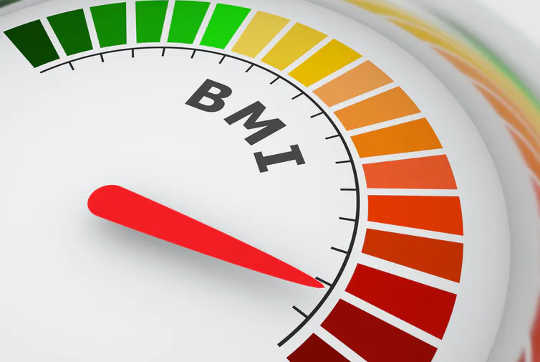
The World Health Organization has declared obesity to be a global epidemic that “threatens to overwhelm both developed and developing countries.” However, is obesity always bad when it comes to health?
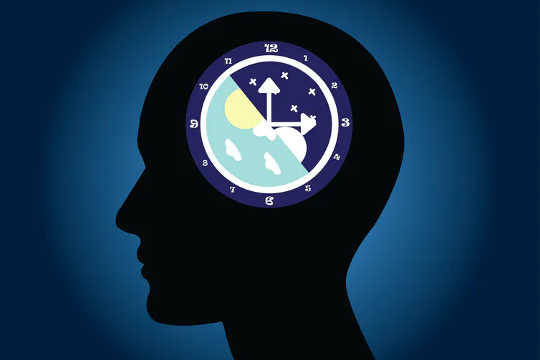
Every living human is controlled by an internal “clock” which drives our circadian rhythm – the natural internal process that regulates our sleep-wake cycle during a 24-hour period.

It’s well known that carrying extra fat around your waist can be harmful to your health, bringing greater risk of developing illnesses such as type 2 diabetes and heart disease.

When you breathe in smoke from a wildfire, you’re probably inhaling more toxic chemicals than you realize.

Protein is an essential part of a healthy diet. It helps us build and maintain strong muscles and bones, helps us better recover from illness and injury, and reduces likelihood of falls and fractures.

For many of us, becoming ill with a virus might put us on the couch for a week or two. It’s frustrating, but after recovering we can generally get back to the things we’re used to.
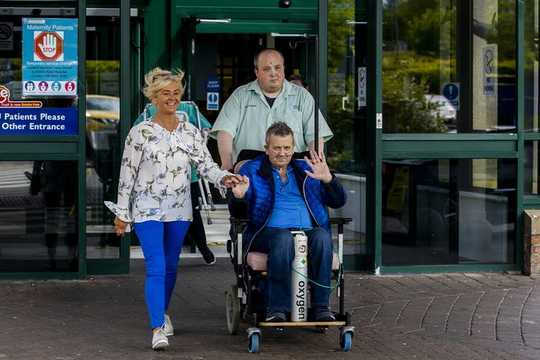
With over 2 million cases in the U.S. since the coronavirus pandemic began in late December, there are now many people who have recovered from COVID-19. At the same, there have been reports of people who continue to have long-term side effects from the infection.

Watching another person experience diabetes influences type 2 diabetics’ self-management of blood sugar levels, according to a new study.
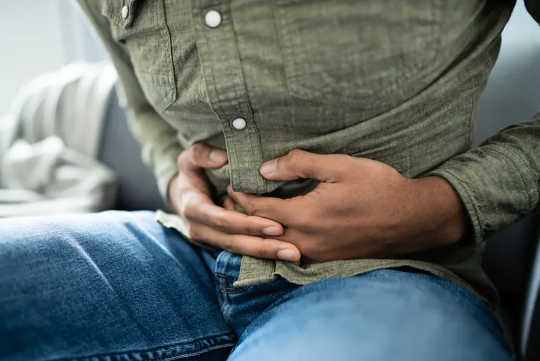
Media reports earlier this week described a Queensland nurse with stomach pains who went on to test positive for COVID-19.

Older people without cognitive problems who experience a fall may have undetected neurodegeneration in their brains that puts them at high risk of developing Alzheimer’s dementia, according to a study.

Weight lifting, also known as resistance training, has been practised for centuries as a way of building muscular strength.

Imagine a tattoo that alerts you to a health problem signaled by a change in your biochemistry, or to radiation exposure that could be dangerous to your health. You can’t walk into a doctor’s office and get a dynamic tattoo yet, but they are on the way.

People infected with SARS-CoV-2, the virus that causes COVID-19, can spread the virus when they speak, sing, cough, sneeze or even just breathe.

Amid the COVID-19 pandemic, it’s easy to forget one of the largest health challenges we face remains the global obesity epidemic.
Page 26 of 155

